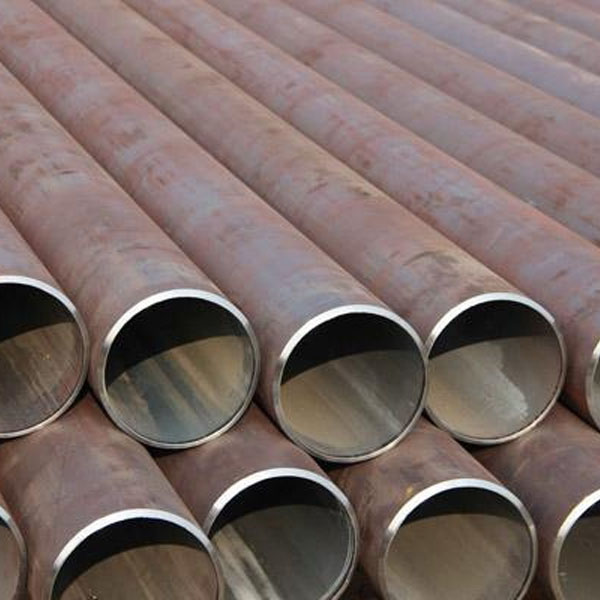ERW steel pipes are manufactured by low-frequency or high-frequency resistance "resistance". They are round pipes welded from steel plates with longitudinal welds. It is used to transport oil, natural gas and other vapor-liquid objects, and can meet various requirements of high and low pressure. At present, it occupies a pivotal position in the field of transportation pipes in the world.
During ERW pipe welding, heat is generated when current flows through the contact surface of the welding area. It heats the two edges of the steel to the point where one edge can form a bond. At the same time, under the action of the combined pressure, the edges of the tube blank melt and squeeze together. Line Pipe

Usually ERW pipe maximum OD is 24” (609mm), for larger dimensions pipe will be manufactured in SAW.
What kind of pipes (standards) could be made in ERW processes?
There are a lot of pipes could be manufactured by ERW process. Here below we list for the most common standards in pipelines.
Carbon steel pipe in ERW ASTM A53 Grade A and B (and Galvanized) ASTM A252 pile pipe ASTM A500 structural tubing ASTM A134 and ASTM A135 pipe EN 10219 S275, S355 pipe
Stainless steel ERW pipe/Pipe standards and specifications ASTM A269 stainless pipe ASTM A270 sanitary tubing ASTM A312 Stainless pipe ASTM A790 ferritic/austenitic/duplex stainless pipe
API ERW Line pipe API 5L B to X70 PSL1 (PSL2 shall be in HFW process) API 5CT J55/K55, N80 casing and tubing
ERW steel pipe application and usage: ERW steel pipe used for transporting gas and liquid objects such as oil and gas, could meet the low and high pressure requirement. In recent years, with the development of ERW technology, more and more ERW steel pipe used in the oil and gas fields, automobile industry and so on.
Advantages of ERW pipe: High efficiency, low cost, material saving, easy automation.

API 5L Carbon Steel Pipe Copyright ©2024. All Rights ReservedDesign, CMS, Hosting & Web Development :: ePublishing